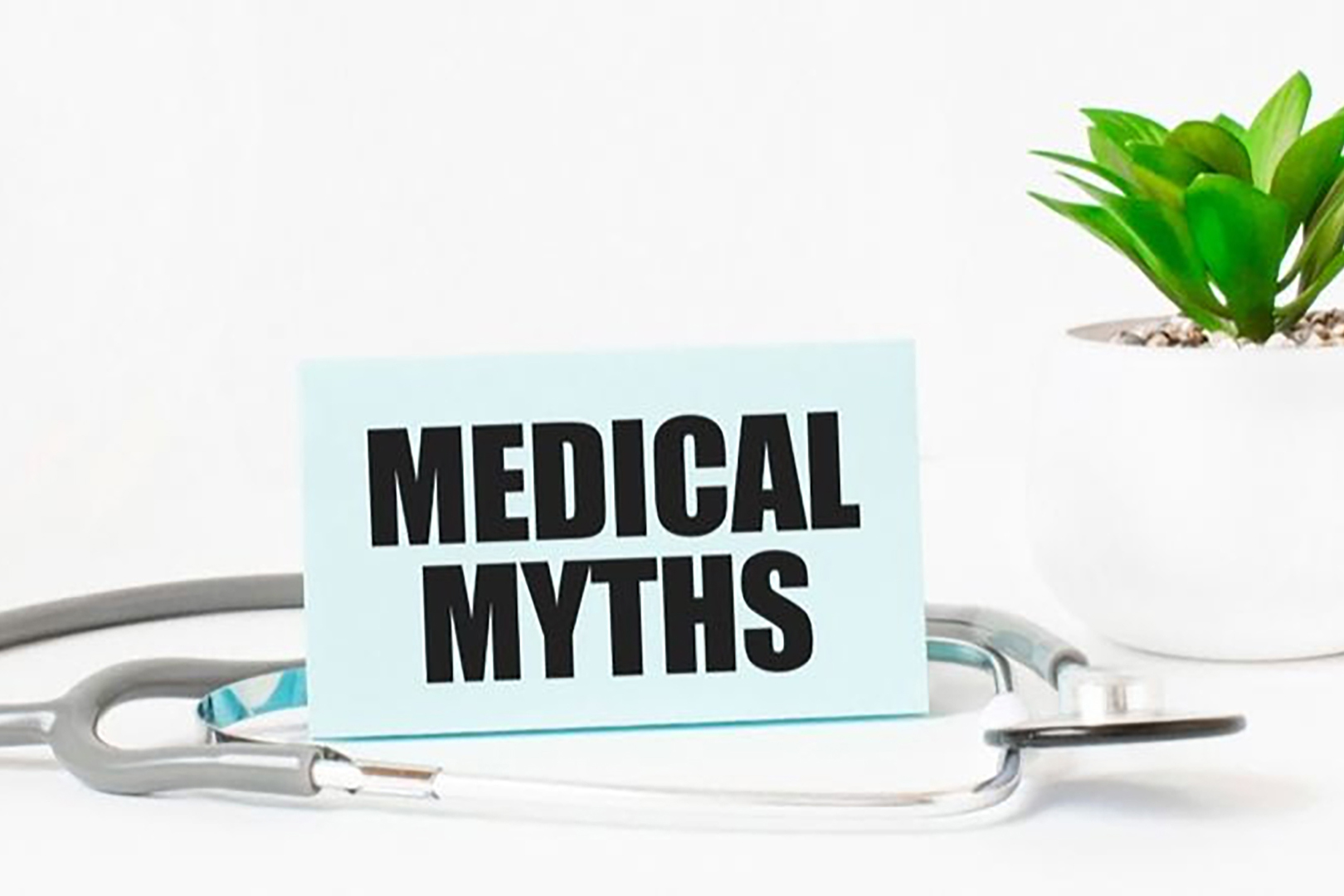In today’s fast-paced world, stress feels unavoidable. Yet research shows that chronic stress can seriously disrupt our hormone health, impacting everything from mood and energy to metabolism, immunity, and even testosterone levels. Here’s how prolonged stress affects our hormones—and what you can do to regain balance.
Cortisol and Hormone Imbalances
Cortisol, known as the “stress hormone,” is critical for our short-term responses to stress. But when stress becomes constant, cortisol levels stay elevated, leading to problems like insulin resistance, reduced thyroid function, and imbalances in hormones like estrogen, progesterone, and testosterone.
Statistic: People under chronic stress have 50% higher cortisol levels, which significantly raises the risk of hormonal imbalances and their symptoms.
Stress and Thyroid Function
The thyroid regulates metabolism, energy, and mood, but chronic stress slows down T3 and T4 hormone production, causing fatigue, weight gain, and mood changes.
Statistic: Research shows that chronic stress can reduce thyroid function by up to 30%.
Impact on Testosterone and Reproductive Health
In both men and women, prolonged stress can suppress testosterone, which affects energy levels, muscle mass, libido, and general mood. High cortisol interferes with testosterone production, often resulting in symptoms like low energy, reduced libido, and a decrease in physical performance.
Statistic: Men experiencing high stress have testosterone levels that are 15-20% lower than those with low stress. Women with chronically elevated cortisol may also experience a 25% reduction in testosterone levels, leading to fatigue, lower muscle tone, and decreased motivation.
Effects on Reproductive Hormones and Fertility
High cortisol also disrupts reproductive hormones, impacting fertility, libido, and menstrual health in women, alongside testosterone in men.
Statistic: Women under chronic stress report more severe PMS and menstrual irregularities, with up to 60% experiencing worsened symptoms.
Blood Sugar and Insulin Resistance
Prolonged stress elevates blood sugar levels, increasing the risk of insulin resistance and conditions like type 2 diabetes.
Statistic: Studies link chronic stress to blood sugar spikes of up to 20%, increasing the likelihood of insulin resistance.
Adrenal Fatigue and Energy
Long-term stress can lead to “adrenal fatigue” or HPA-axis dysfunction, where the adrenal glands become less responsive. Symptoms include chronic fatigue, sleep disruptions, and weakened immunity.
Managing Stress for Hormonal Balance
Prioritizing stress management is key for hormonal health. Effective practices include:
- Mindfulness:Practicing just 10 minutes a day can reduce cortisol by 15%.
- Moderate Exercise:Regular activity balances cortisol and helps maintain healthy testosterone and thyroid levels.
- Quality Sleep:Vital for hormone repair and overall balance.
- Balanced Diet:Whole foods stabilize blood sugar and support adrenal health.
Take Control of Your Hormone Health
If stress is affecting your hormones—including testosterone levels—you’re not alone. The Gajer Practice offers personalized hormone consultations to help identify imbalances and create targeted solutions.
Ready to restore balance? Book a hormone consultation with Dr. Gajer today and start your journey toward optimal wellness.






